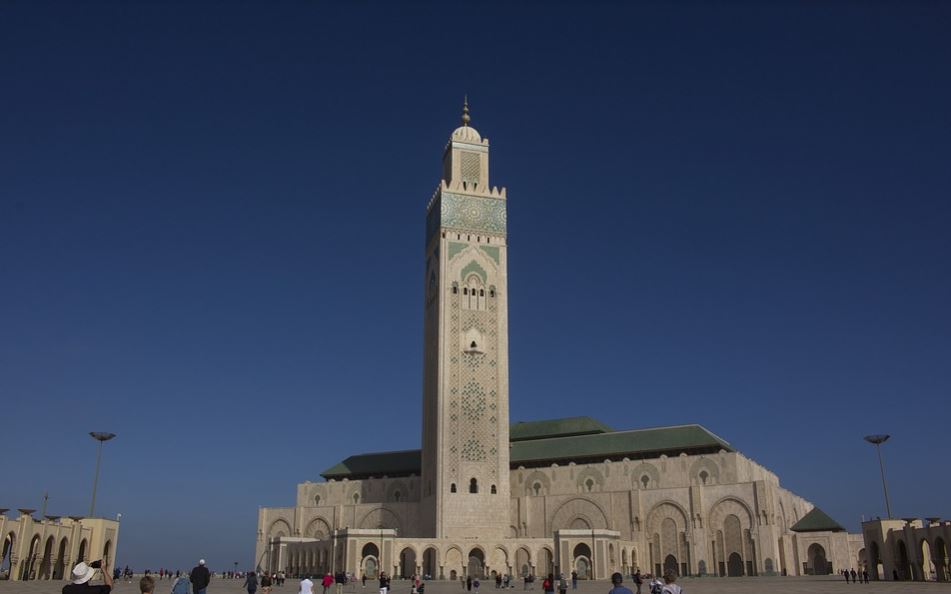What's the process for hiring a guide or a local in remote areas?
Post ByAdequate Travel
Summary
Booking a tour with a local guide or guide service in remote areas can be a great way to explore a new region or get to know a far away destination. But there are some important things to consider when it comes to the hiring process and ensuring a safe and exciting journey. In this blog post, we'll provide a step-by-step guide to getting the most out of your hire and helping you find the right guide for your adventure. Travellers can find valuable travel information for tourists, such as local customs, must-see attractions, and dining recommendations, to make the most of their trip.Process for Hiring a Guide or Local in Remote Areas
When it comes to hiring a guide or local in remote areas, it's essential to follow a systematic process to ensure safety and make the most of your experience. Here's a step-by-step guide:
1. Research and Gather Information
Do thorough research about the remote area you plan to visit. Gather information about the local culture, customs, and any potential risks or challenges.
For example, if you're planning a trekking expedition in the Himalayas, you should gather knowledge about the local communities, weather conditions, necessary equipment, and permits required for the journey.
2. Contact Local Tourism Authorities
Reach out to tourism authorities or local visitor centers in the area. They can provide valuable information about authorized guides or local communities operating in the region.
For instance, if you plan to explore the Amazon rainforest, contacting the local tourism department of the specific country or region can connect you with reliable guides who specialize in the area.
3. Seek Recommendations
Ask fellow travelers, friends, or online communities who have visited the remote area for recommendations on guides or locals they have hired in the past.
For instance, if you are planning to visit a remote village in Mongolia, reaching out to fellow travel enthusiasts who have visited Mongolia can provide insights into trustworthy local guides in that area.
4. Engage with Local Communities
Once you arrive at the remote location, engage with local communities to seek assistance in finding a guide or local who is experienced and knowledgeable about the area.
For example, when visiting a remote village in Peru, spending time interacting with the villagers and seeking their guidance can lead you to a trustworthy local guide who knows the region well.
5. Verify Credentials and Experience
When considering a potential guide or local, verify their credentials and experience. Ensure they have proper certifications, licenses, or memberships to relevant local tourism or guiding organizations.
For instance, if you're hiring a guide for wildlife photography in a remote African national park, it's important to verify their knowledge of wildlife behavior, first aid training, and any necessary permits.
6. Discuss Expectations and Itinerary
Have a detailed discussion with the selected guide or local to outline your expectations, travel itinerary, and any specific requirements.
For example, if you're planning a hiking expedition in the remote Scottish Highlands, discuss the desired routes, distances, camping arrangements, and estimated timelines with the guide.
7. Negotiate Fees and Terms
Negotiate the fees and terms of service with the guide or local, considering factors such as their experience, the duration of your stay, necessary equipment, or additional services required.
For instance, if you plan to hire a boatman for a fishing trip in a remote lake in Canada, discuss the appropriate fees depending on the duration of the trip, fishing gear availability, and the guide's expertise.
8. Establish Clear Communication
Establish clear communication channels with the guide or local. Ensure you have reliable means of connectivity, such as a satellite phone or designated meeting points, in case of emergencies or unforeseen circumstances.
For example, when going on a mountain climbing expedition in the Himalayas, establish a communication plan with your guide, including designated checkpoints and emergency protocols.
9. Provide Feedback
After the trip, provide feedback to the guide or local and the tourism authorities regarding your experience. This helps maintain quality standards and assists future travelers in making informed decisions.
For instance, sharing feedback about a reliable local guide you hired for a hiking trip in Patagonia can contribute to the reputation of the guide and aid future travelers in their decision-making process.
Before embarking on your journey to morocco, make sure to check the latest travel guidelines and entry requirements to ensure a smooth trip







